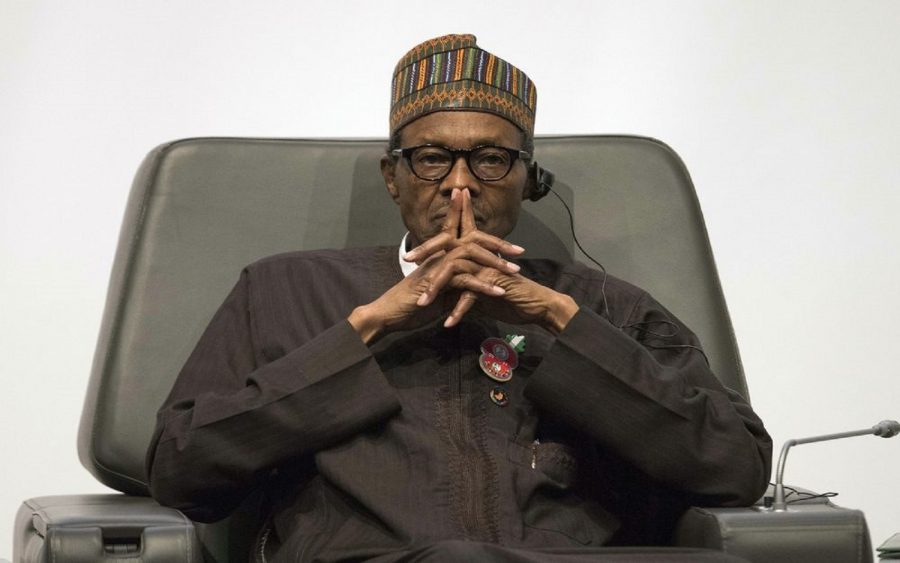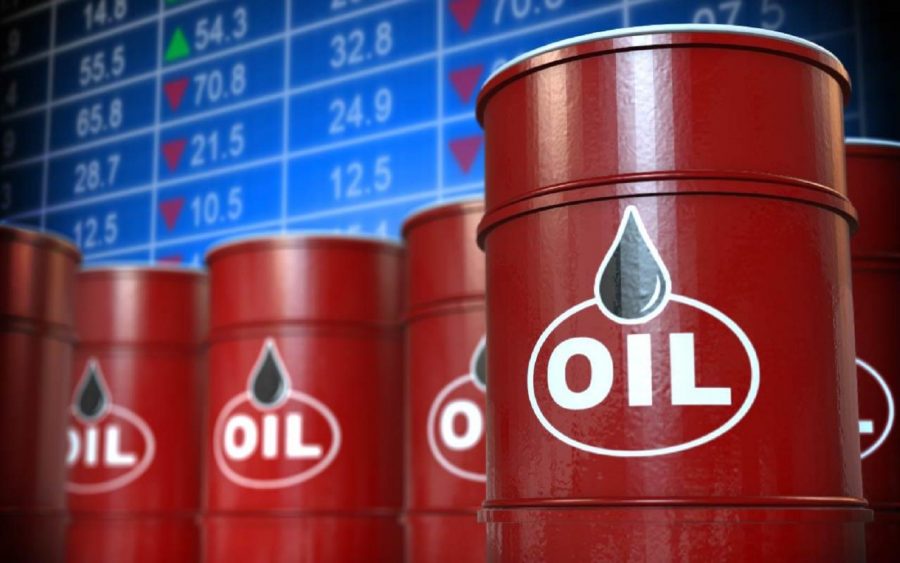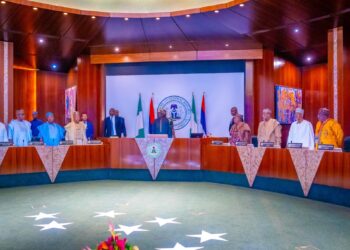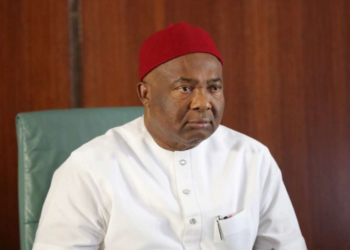The Federal Government of Nigeria is really experiencing a serious revenue crisis, which is now being exacerbated by the increasing cost of fuel subsidy. If care is not taken, this could affect federal allocations in the coming months.
What we know: The Federal Government is reportedly incurring more costs to subsidise the importation of refined petroleum products. Refined petroleum products, which are understandably in high demand by millions of Nigerians, are typically imported because Nigeria’s state-run refineries are not functional.
Fuel subsidy, therefore, requires the government to spend more money in order to ensure that the products are affordable to the people. The problem, however, is that the cost incurred by the government is increasing steadily. Between December 2019 and January 6th, 2020, the cost of subsidising a litre of petrol increased from N21 to N38, marking a N17 price increase.
Please note that N17 is a major increase, especially bearing in mind that the government typically subsidises millions of litres of petroleum product per day, as Daily Trust reported. On the 6th of January, 2020, for instance, a total of 73,200,100 litres of refined petroleum were shipped across Nigeria, according to the Petroleum Products Pricing Regulatory Agency, (PPPR).
[READ MORE: NNPC moves against seasonal fuel scarcity]
Recall that Nigeria, which is facing a revenue challenge as its Finance Minister has repeatedly admitted, is currently in search of means to boost earn more in order to finance the country’s ambitious 2020 budget. Therefore, additional costs such as those necessitated by increased subsidy expenses should not be welcome at this point.
At this point, it is uncertain whether Nigeria will finally yield to mounting international pressure to remove fuel subsidy. The International Monetary Fund (IMF) is one of those who have called on the Federal Government to end the subsidy regime. Nairametrics reported the IMF’s latest argument on this subject matter.

It should however be noted that fuel subsidy is a very delicate subject matter among Nigerians. In early 2012, there were widespread protests across the country when the then government of President Goodluck Jonathan made moves to end fuel subsidy.
Nigerians can’t be blamed for wanting fuel subsidy because bearing in the economic realities in the country, it is uncertain whether the country is quite ready to do away with subsidy at this point.
In order to successfully remove fuel subsidy, Nigeria needs functional refineries that can be able to refine enough crude to meet local demand. Otherwise, ending fuel subsidy while Nigeria is still completely dependent on fuel importation, would trigger untold economic hardship for the people many of whom are already economically strapped.
In the meantime, the Nigerian Government must continue sourcing for revenue in order to finance its N10.594 trillion 2020 national budget. While at it, the government may also consider other ways of cutting down on expenses in order to curtail the impact of the revenue crisis the country is facing.
The rebound in oil prices due to OPEC’s decision on output cut as well as the recent face-off between Iran and the US could also serve to Nigeria’s advantage in the long run.


























